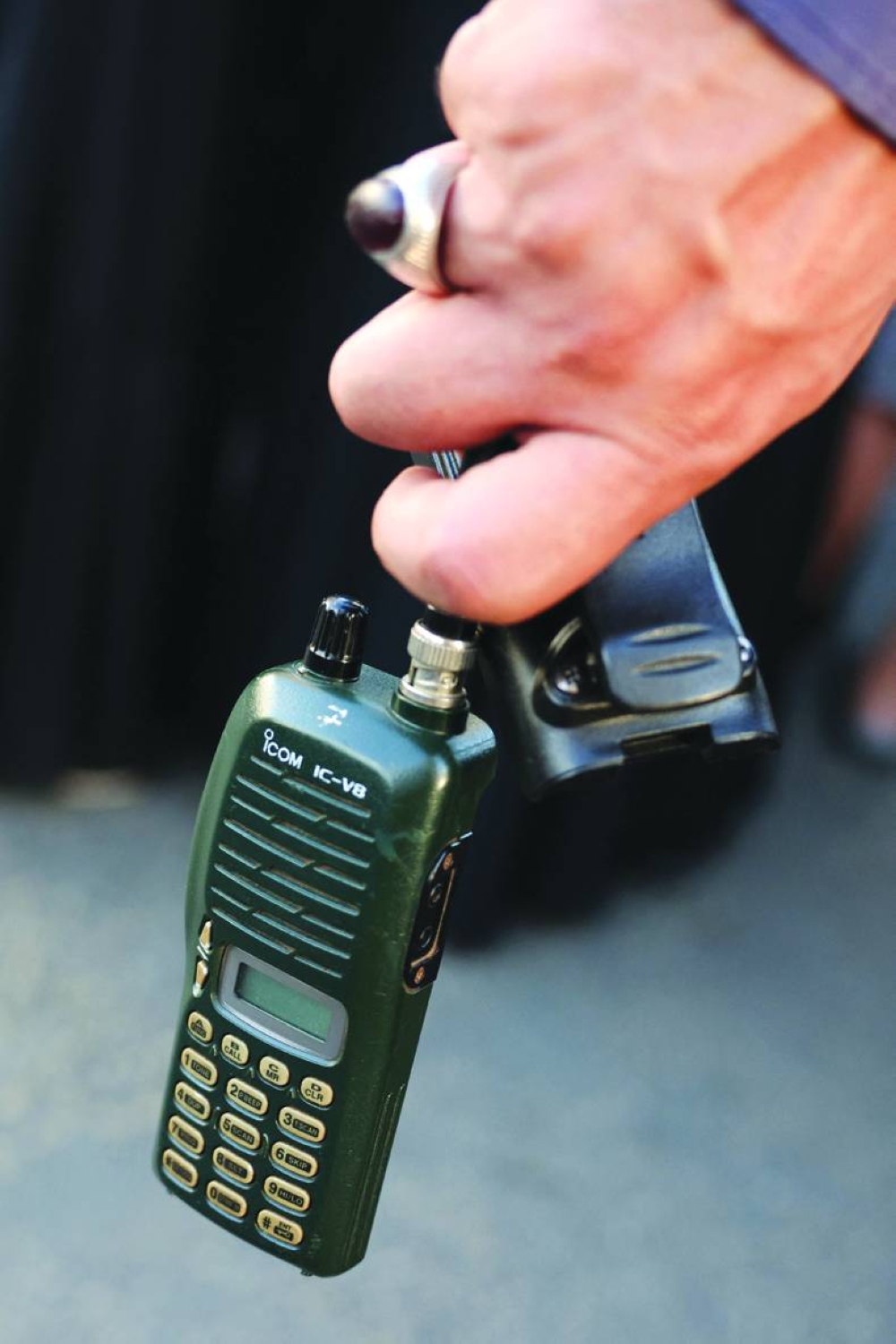Hand-held radios used by Lebanese armed group Hezbollah detonated on Wednesday across Lebanon's south, in Beirut suburbs and the Bekaa Valley, further stoking tensions with Israel a day after similar explosions by the group's pagers.
Lebanon's health ministry said 14 people had been killed and 450 injured yesterday, while the death toll from Tuesday's explosions rose to 12, including two children, with nearly 3,000 injured.
At least one of yesterday's blasts took place near a funeral organised by Iran-backed Hezbollah for those killed the previous day when thousands of pagers used by the group exploded across the country and wounded many of its fighters.
A Reuters reporter in the southern suburbs of Beirut saw Hezbollah members frantically taking batteries out of any walkie-talkies on them that had not exploded, tossing the parts in metal barrels.
Israeli Defence Minister Yoav Gallant said the centre of gravity of the war was moving north, where Lebanon borders Israel, with more troops and resources being transferred to the area.
"We are opening a new phase in the war," he said.
The hand-held radios were purchased by Hezbollah five months ago, around the same time as the pagers, a security source said.
Israel's spy agency Mossad planted explosives inside pagers imported by Hezbollah months before Tuesday's detonations, a senior Lebanese security source and another source told Reuters.
Frontline workers described hellish scenes: victims of thousands of small explosions linked to pagers used by Hezbollah rushed into hospitals, some with organs protruding, others with missing eyes or fingers.
Hezbollah has vowed to retaliate against Israel. The two sides have been engaged in cross-border warfare since the Gaza conflict erupted last October, fuelling fears of a wider Middle East war that could drag in the United States and Iran.
Jordan's Foreign Minister Ayman Safadi accused Israel of pushing the Middle East to the brink of a regional war by orchestrating a dangerous escalation on many fronts.
Hezbollah, Iran's most powerful proxy in the Middle East, said in a statement it would continue to support Hamas in Gaza and Israel should await a response to the pager "massacre".
Hezbollah had turned to pagers and other low-tech communications devices in an attempt to evade Israeli surveillance of mobile phones.

A man holds a walkie-talkie device after he removed the battery , in Beirut's southern suburbs on Wednesday.
